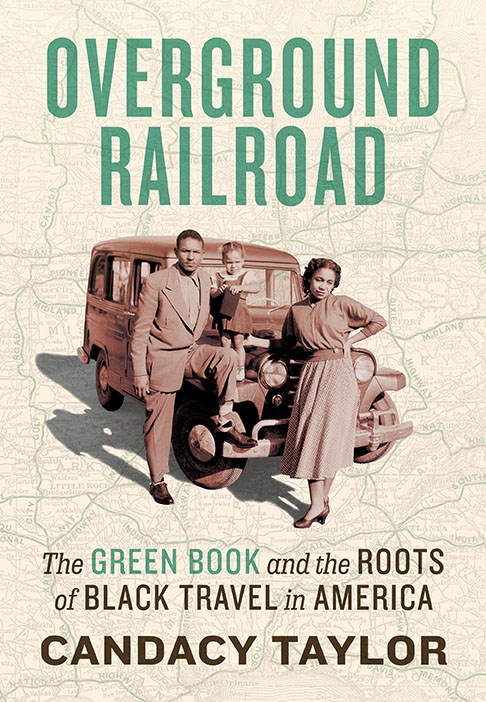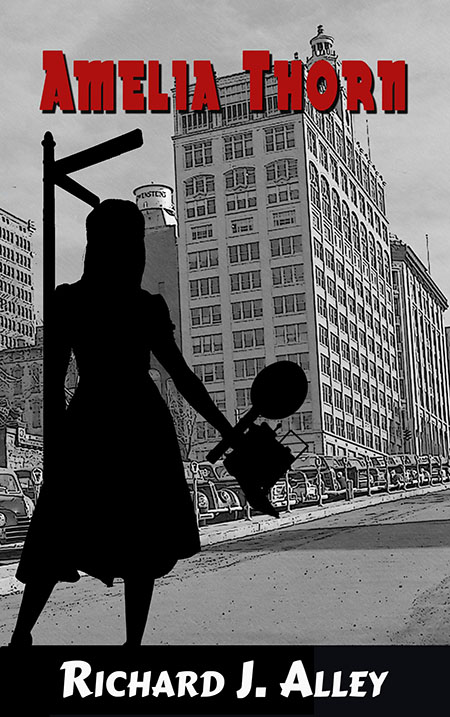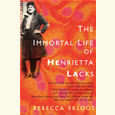Trouble Broaching
Caki Wilkinson’s The Wynona Stone Poems is a comic novel in verse
Caki Wilkinson’s The Wynona Stone Poems is essentially a short, comic novel in verse. In fifty-six deftly constructed poems, it tells the story of a smart, spirited woman who, in spite of having her fair share of talent and passion, can’t quite make her life happen. “Wynona Stone is having trouble broaching,” as Wilkinson puts it, and her inability to break through the wall that seems to separate her from the kind of existence she craves is partly down to her essential contrariness and partly the product of her stiff-necked, stifling environment. Wilkinson makes comic hay of both, yet she observes it all with enough sympathy to give these poems a poignant edge.
 Wynona’s troubles start early. In “Grammar School” Wilkinson says, “she’d been a noun / while recess / went to verbs,” isolated and already an outsider among her own kind. “Homily”—an apparent homage to Robert Graves’s classic “A Boy in Church”—shows young Wynona being antsy, rebellious, and irreverent:
Wynona’s troubles start early. In “Grammar School” Wilkinson says, “she’d been a noun / while recess / went to verbs,” isolated and already an outsider among her own kind. “Homily”—an apparent homage to Robert Graves’s classic “A Boy in Church”—shows young Wynona being antsy, rebellious, and irreverent:
Here is a way a kid doesn’t listen:
sketching balloons or horrible wrecks,
whispering, Please, I’m dying to go,
firing blanks at bald spots and necks.
By the time she gets to high school, Wynona is a disaffected athlete, one of “fifteen girls in sports bras, thick / as thieves, and mean.” She begins to go around wearing the head of a Halloween robot costume “because she’d grown attached / to feeling far from normal.” Still, she’s normal enough to endure the usual clumsy grappling of teenage sex, even as her mind is on her free-throw ritual, “the dribble, dribble, dribble, cock, release / and follow through.”
Wynona’s family is a chilly bunch, given to false happiness and general evasiveness about ugly realities. Grandpa isn’t dying in the upstairs room; he’s “sleeping late,” and dinner conversation is confined to the doneness of the pork chops and whether there might be moles in the yard. Wynona learns to disengage and prevaricate when confronted with unpleasantness, and so when she hits a rough patch in college, her instincts urge retreat, daydreaming, and self-delusion:
At last, afraid to lose the race,
Wynona moved back home. She’d need a year,
she said, to find her rhythm here,
though waiting for the perfect key to strike her,
She found the songs she’d yet to sing
would always sound more like her.
Adult life happens to Wynona—a bad job, a bad boyfriend—but she continues to float, afflicted with an existential unease that she soothes by making “clay figures, squat / as shotgun shells, / her long lost foes / and loves gone wrong” and visiting indignities on them. But sympathetic magic is no cure for what ails her:
She wakes in haze and flirts with vertigo,
excusing truths: that she’s been groomed for gloom;
that, lecherous for what she can’t possess,
she’s left with fantasies—like faith, a yes
she conjures while her doubt is groping no.
Wilkinson is a remarkably skillful poet. So much of the humor and emotional punch of these poems lies in the turn and rhythm of the lines that it’s impossible to do them justice by quoting a few snippets. But for all its impressive craft, this collection is driven primarily by Wilkinson’s intense sympathy for her heroine. She’s inviting us to laugh in most of the poems, but she won’t quite let us laugh at Wynona’s expense. Wynona is ridiculous and tragic, the sort of character who makes us laugh and squirm at the same time because her plight feels uncomfortably familiar. There’s something vulnerable in her that tugs at the heart, and she’s perpetually trapped in a place we all know—the sad, gray territory where grand dreams meet dreary reality.

Maria Browning is a fifth-generation Tennessean who grew up in Erin and Nashville. A graduate of Mount Holyoke College, she has attended the Clothesline School of Writing in Chicago, the Moss Workshop with Richard Bausch at the University of Memphis, and the Sewanee Writers’ Conference. She lives in White Bluff.


